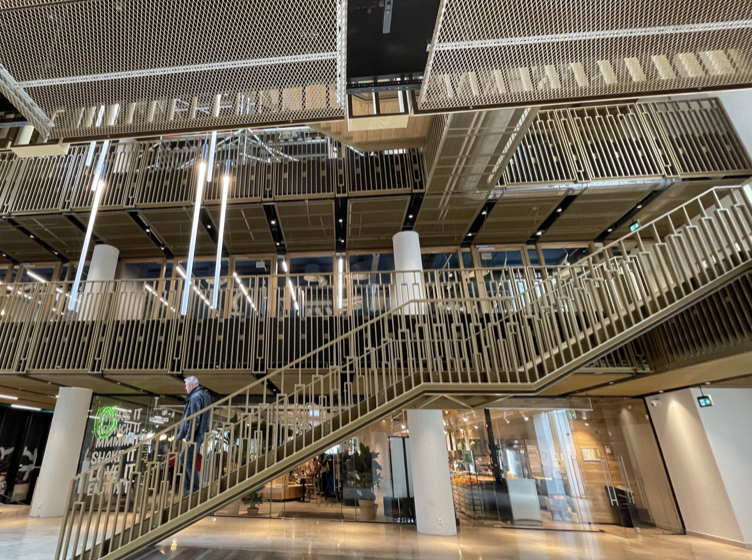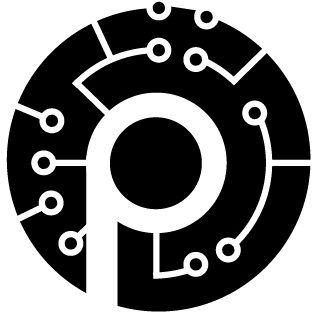
ChatGPT and academic labour, insights from last meeting. Upcoming blogposts and events
Research meeting on ChatGPT and Academic Labour
On May 24th, a dozen of Panoptiwork members met at the House of Connections for the second large group meeting of the project. For this session, we had decided to centre our discussion around the case of generative language models (such as, ChatGPT) and their relation to academic labour. After a short introduction to some of the on-going discussions around this topic, we separated into two groups for a facilitated exchange. After half an hour, we gathered again to share what had been discussed and press some issues further in a plenary session. Overall, the choice to focus on a concrete case lived up to its promises: we could discuss without being too limited by the incommensurability of our different conceptual schemes. The different focuses of each individual and of their disciplines translated into a wide variety of spontaneous points of interests and insights into the case. Amongst other things, we discussed the challenges of approaching this technology in our works in the absence of proper regulatory framework (especially in education); the relation of technology to the time of labour, asking whether these tools would ultimately make or rather take time for human workers; the political implications of seeing these privately-controlled and profit-making tools further embedded within the public space of the university; the spatial dimensions of these developments; and the development of regulations in a context of rapid technological advances and of widespread uncertainty about their consequences. These discussions helped appreciating the multi-dimensional quality of a phenomenon like the apparition of a labour-transforming digital tool. They also confirmed the interest that digital labour provokes across disciplines, seeing that everyone had a wealth of perspectives to draw from.
Forthcoming: supervising BA and MA students on digital labour
The meeting was also productive in sparking interest for stepping further and conducting actual inter-disciplinary research into digital labour, although not necessarily about generative language models. The proposition was made that some teacher-members could find interest in supervising students’ theses about digital labour, from next year on. They and their students could then bring back to the group some of the interesting axes that they will have developed. We also discussed the possibility of a coordination between the involved teachers to try and guide their students on broadly similar topics, to facilitate inter-disciplinary exchange. It was decided that this discussion would resume in autumn, when the time of supervision will be approaching. Someone also expressed the interest to participate to hands-on workshops about digital tools, in order to explore the technical knowledge that we might need as academics. A member of the Centre for Information Technology who had joined the meeting, Michiel van der Ree, informed us that the CIT is available to provide support to UG researchers and students interested in using AI methods in their research.
Antonio Casilli hosted by panoptiwork in November 2023!
Finally, we also decided that the next Panoptiwork event would be a plenary session centred around the contribution of a guest speaker. This has now been arranged, and we are fortunate to have labour sociologist Antonio Casilli, Professor at the Paris Institute of Technology (ParisTech), who will be coming to Groningen to give a keynote on November 20th 2023. We are looking forward (updates soon)!
Blogpost series from July 2023
In the past months, few students from different RUG faculties (Law, Philosophy, International Relations, Middle East studies) drafted a series of blogpost on the topic of Digital Labour. From their own disciplinary background, they will give interesting (and critical) analyses on gender pay gap and algorithmic management, the future of work in the EU Commission agenda, the regulation of workplace surveillance in a (rather fragmented) EU context and more. We’ll post weekly a new blogpost, stay tuned!
